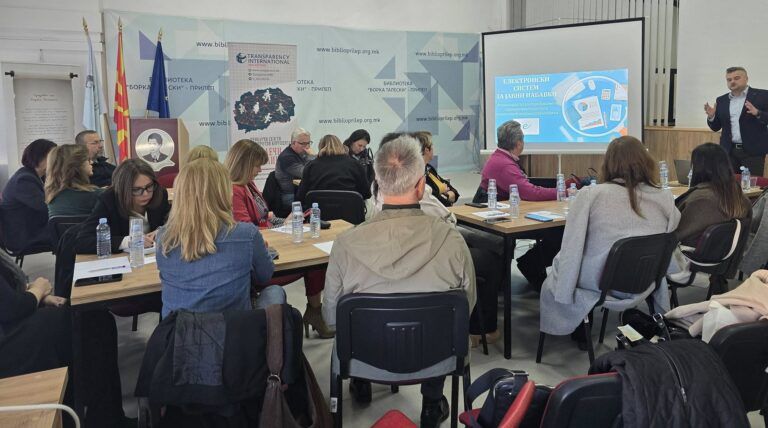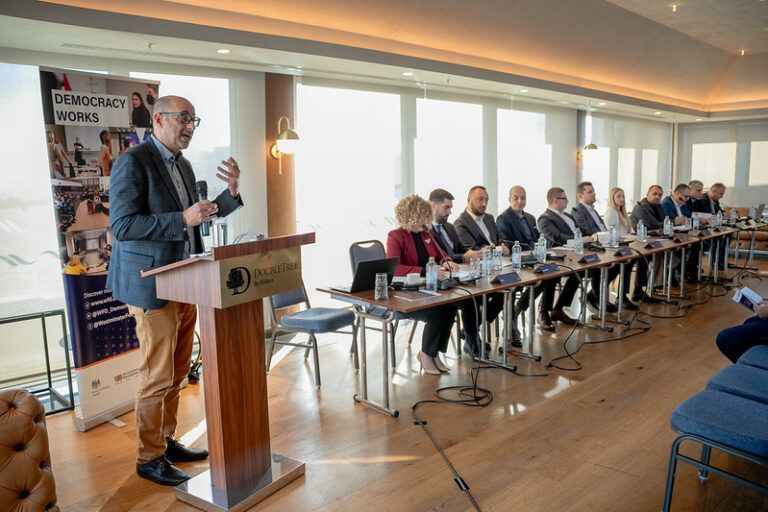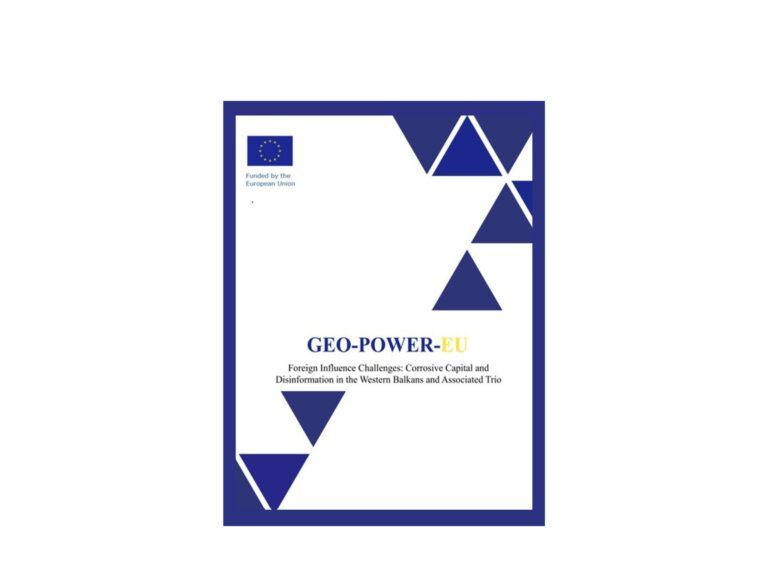Educational workshops on dealing with gender-based violence
In order to raise awareness and strengthen knowledge about gender-based violence, in the past period we successfully conducted three educational and interactive workshops in Prilep, Krivogaštani and Dolneni, where around fifty young people and women from these areas participated. The period of holding the workshops coincided with the global campaign “16 Days of Activism against…


![[Aggregator] Downloaded image for imported item #43148](https://civicamobilitas.mk/wp-content/uploads/2025/12/img_3895-1536x1152-1-1024x768-1-768x576.jpeg)



![[Aggregator] Downloaded image for imported item #42708](https://civicamobilitas.mk/wp-content/uploads/2025/12/sharri-title-1024x579-1-768x434.png)

![[Aggregator] Downloaded image for imported item #42375](https://civicamobilitas.mk/wp-content/uploads/2025/12/vodich-guide-eng-1-211x300-1.png)
